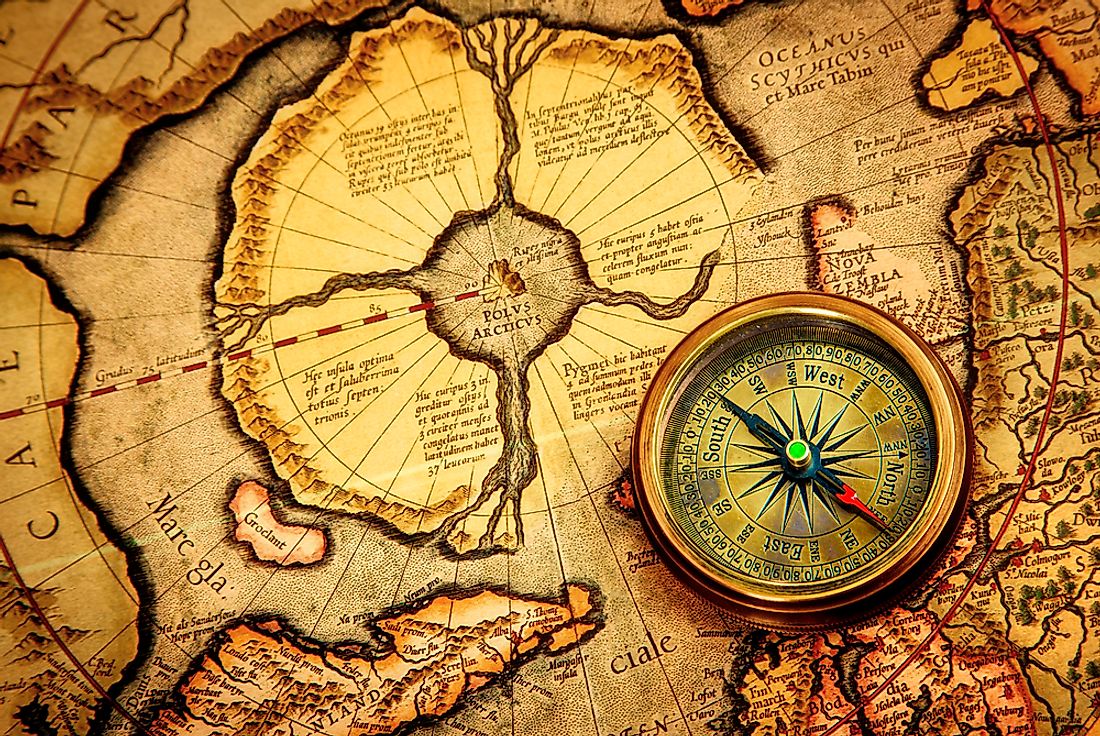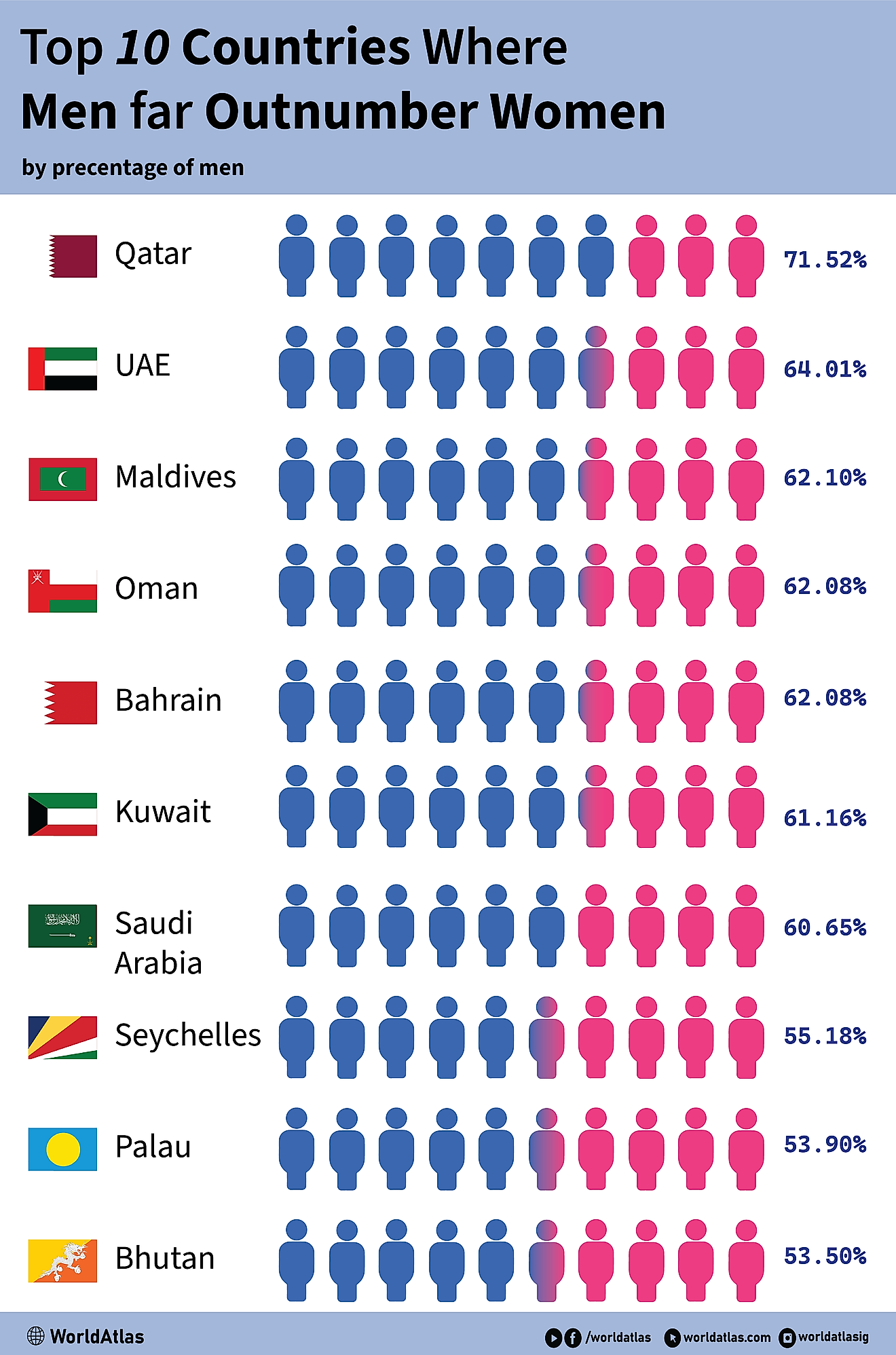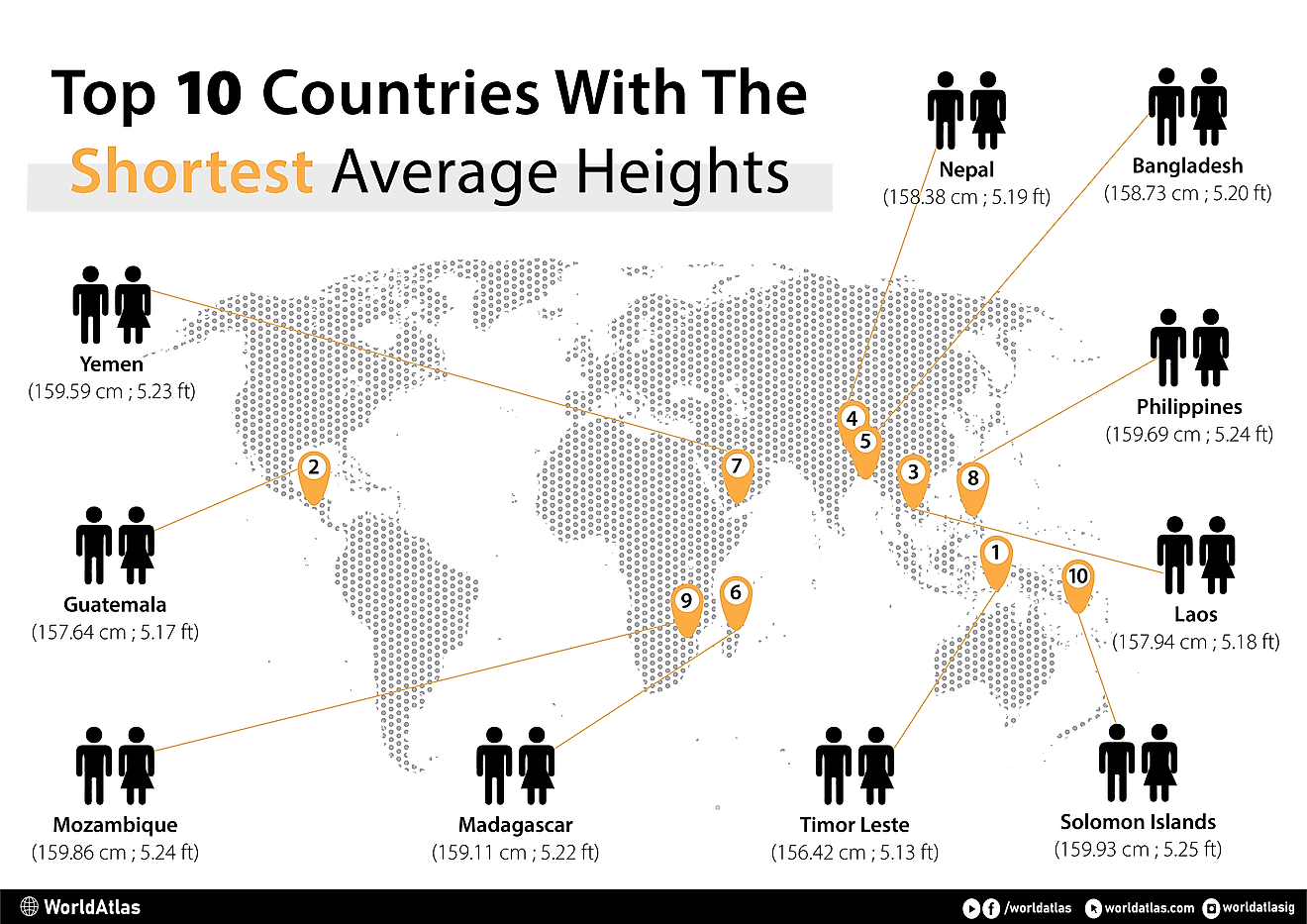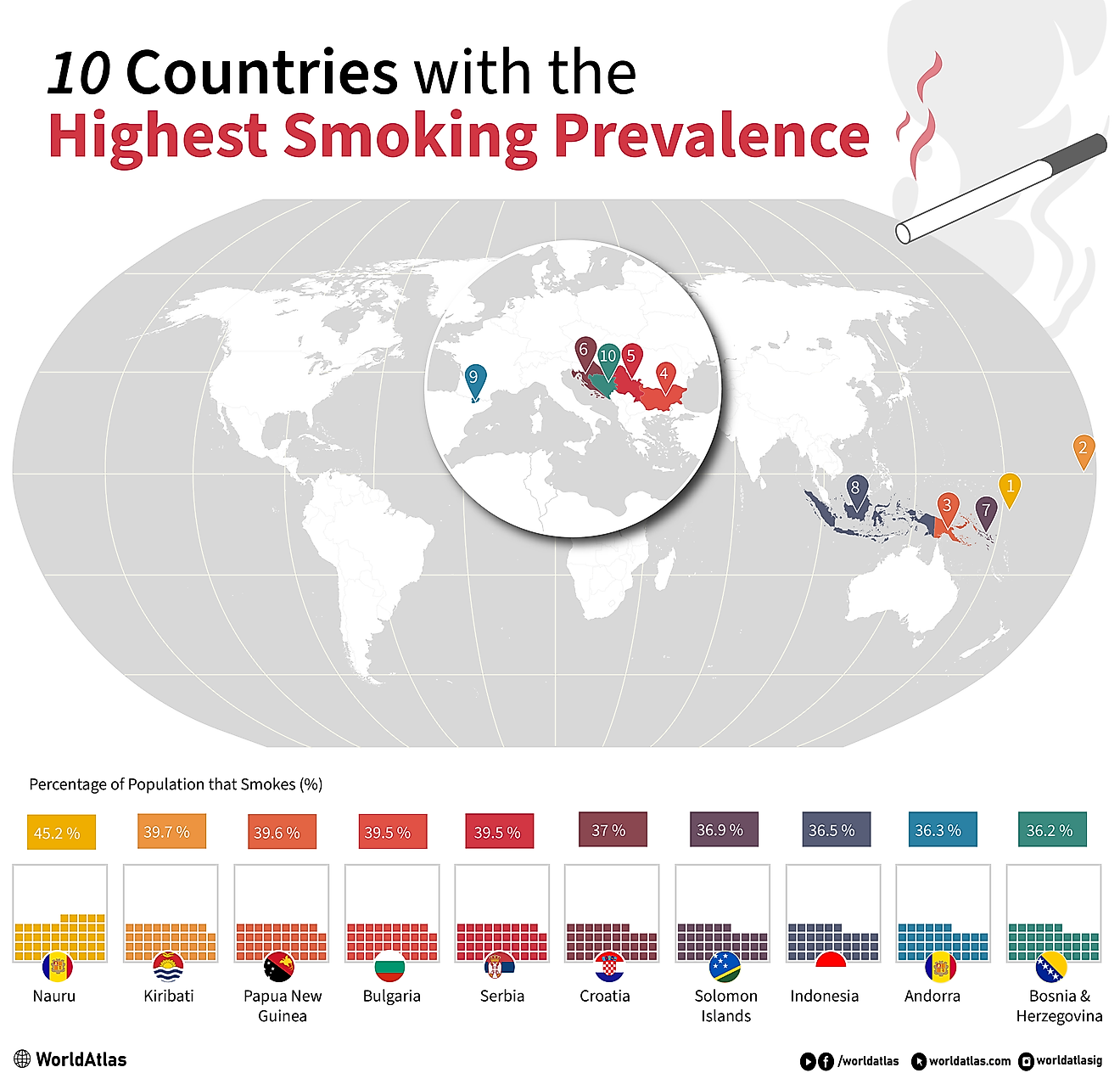10 Notable Geographers

Geographers are scientists who study geography. Geographers study human society and the natural environment, besides studying the interrelationships between them. For instance, geographers study how human society affects the natural environment and how the natural environment, on the other hand, influences the human society. There are two broad categories of geography: physical geography and human geography. Human geographers study human societies, while physical geographers study the natural environment.
10. Muhammad ibn Musa al-Khwarizmi
Muhammad ibn Musa al-Khwarizmi was a Persian scholar who lived between the years 780 and 850 CE. He was not only known for his scholarly work in mathematics and astronomy, but also in geography as well. In the year 833 CE, he wrote a book entitled the "Book of the Description of the Earth". The book was a collection of thousands of city coordinates, and borrowed greatly from work by Ptolemy that was published in the 2nd century. However, al-Khwarizmi was able to correct some erroneous measurements that had been made by Ptolemy, such as the estimates of the size of the Meditteranean Sea.
9. Alexander von Humboldt
Alexander von Humboldt was born on September 1769 in Berlin. He was an explorer, geographer, polymath, and a naturalist, who is known to be an influential advocate of romantic philosophy and science. Humboldt is also considered to be the father of modern geography. Humboldt is widely known for being the founder of biogeography from his works in botanical geography. Humboldt came up with maps that showed isotherms and thus became a pioneer in the visual presentation of scientific data. The Humboldt Current is named after him. Humboldt greatly influenced other scientists, for example, Charles Darwin. Darwin went on to describe Humboldt as a great traveler.
8. Carl Ritter
Carl Ritter was born on August 7, 1779 and was a German geographer who together with Alexander von Humboldt are thought to be the founders of modern geography. Most of Ritter’s work is less significant to many as his works were mainly based on the observations of others. Carl Ritter still influences geographical researchers in Germany as he gave a geographical perception of history. One of the greatest works he did was writing the most extensive geographical literature by a single author, a 21 volume masterwork.
7. Arnold Henry Guyot
Arnold Henry Guyot was born on September 28th, 1807 and he was an American who specialized in geology and geography. Guyot was the first to make essential observations detailing glacial motion and structure. He was a professor of Geology and Physical Geography whose early studies built the theory of glaciation. Henry Guyot made numerous meteorological observations that led to the formation of weather forecasting in the US. Guyot is known to have forged topographical maps of the Appalachian and the Catskill Mountains. A geological study in America was popularized by Guyot’s series of textbooks and maps. The word "guyot", which refers to a flat-topped volcanic peak that rises from the ocean floor, is named after him.
6. William Morris Davis
William Morris Davis was born on February 12th, 1850 in Philadelphia, USA. He has been baptized “the father of American Geography.” Davis was an American who specialized in geography, geology, geomorphology, and meteorology. He is widely known for developing the modern science of geomorphology. The theory of cycle erosion in geomorphology science was developed by Davis. Geomorphology is the study of landforms and Davis mainly focused on how streams created landforms. Geomorphologists who came later heavily criticized most of the Davisian geomorphology. The term “father of American geography” was bestowed on him for helping to build up geography as an academic discipline. This establishment saw that geography was taught at all levels of education and not only in colleges.
5. Paul Vidal de la Blache
Paul Vidal de la Blache was born on January 22nd, 1845 in France and is widely acknowledged for his studies in geography. Blache was an essential influencer of modern geography. Vidal was one of the founders of modern French geography. Paul Vidal founded the French School of Geopolitics. He instituted human geography among the sciences of man. Vidal introduced some concepts in his extensive analysis of the communion of human ventures and the environment the humans occupied. The concepts of Possibilism, genre de vie and geografie humaine are all associated with Blache.
4. Sir Halford John Mackinder
Sir Halford John Mackinder was born on February 15th, 1861 in Gainsborough, England and was a geographer and politician who was knighted in 1920 for his work. He is well recognized as an educator and famous for his geopolitical concepts. He was a founder of the London School of Economics.
3. Ellen Churchill Semple
Ellen Churchill Semple was born on January 8th, 1863 in Kentucky. She studied history but became interested in geography when she visited England. She became the first woman to hold the position of the president of the Association of American Geographers. Ellen Semple was part of the early developers of geography in the US. Semple came up with the theory of environmental determinism. She promoted the idea that human culture and history was mainly determined by the physical environment, which sparked much controversy. This controversy was antiquated by anti-deterministic approaches that came later. Anthropogeography and environmentalism are some of the works that are identified with her.
2. Ptolemy
Claudius Ptolemy was a famous geography from the time of the ancient Roman Empire, living from the years 100 to 170 AD. One of the works in which Ptolemy is known for is "Geography", which spoke about map projects and the difficulties of mapping. Ptolemy is credited with inventing the idea of longitude and latitude, and for mapping thousands of places at a time when this was not yet a common activity, even among educated populations.
1. Yi-Fu Tuan
Yi-Fu Tuan was born December 5, 1930. He is a Chinese-American geographer. Tuan is famous for pioneering thoughts in human geography, and is credited with creating the branch of humanistic geography. This science of humanistic geography resulted from Tuan merging human geography with other sciences like philosophy, psychology, art, and also religion. Humanistic geography aims to study the interaction of humans with space and their environment on physical and social levels.







